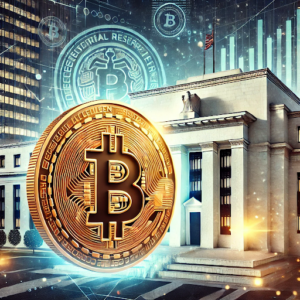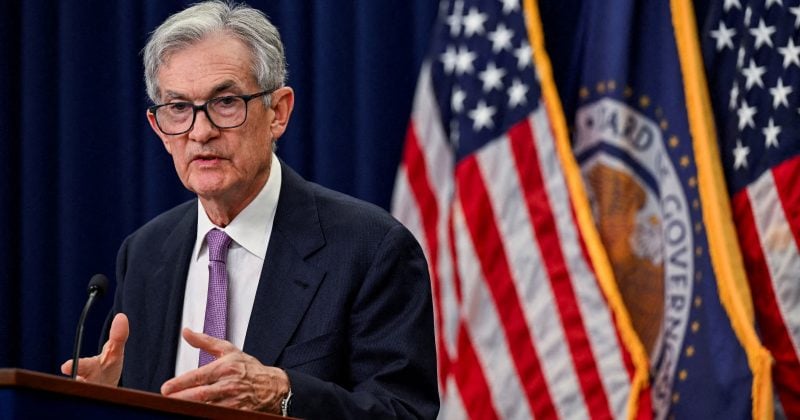
The tokenization of real-world assets (Real-World Assets, RWA) is emerging as one of the most promising trends in the global financial sector.
According to estimates, the value of the tokenization market will exceed 30 trillion dollars by 2030, driven mainly by the involvement of traditional and innovative financial institutions. This transformation is set to redefine the investment landscape, democratizing access to assets and improving the efficiency of global markets.
What is the tokenization of RWA?
The tokenization of real-world assets involves the conversion of physical or financial assets, such as real estate, bonds, or commodities, into digital representations on a blockchain. These tokens can be easily traded, fractioned, and managed through decentralized platforms, eliminating many traditional intermediaries.
This approach allows investors to access fractions of high-value assets, such as a commercial building or a work of art, breaking down the traditional barriers related to cost and liquidity. Furthermore, the transparency and traceability offered by the blockchain significantly enhance security and trust in the markets.
Financial institutions are playing a crucial role in the growth of the tokenization of RWAs. Banks, investment funds, and other traditional organizations increasingly recognize the potential of blockchain to revolutionize operational processes, improve efficiency, and create new earning opportunities.
Their participation is essential for several reasons:
- Credibility and regulatory compliance: Financial institutions have the necessary experience to navigate regulated environments, ensuring that tokenization processes comply with local and global regulations.
- Market access capability: Thanks to their consolidated networks, these institutions can attract investors and facilitate the distribution of tokens to a wide range of clients.
- Infrastructure development: Many banks and institutions are investing in the development of blockchain platforms and protocols dedicated to tokenization, contributing to standardizing the sector.
The opportunities offered by tokenizzazione
The tokenization of RWA offers significant advantages, including:
- Financial accessibility: investors can purchase fractions of high-value assets, making investment opportunities accessible that were previously reserved for a few.
- Improved liquidity: the ability to easily trade tokens on digital platforms increases liquidity for traditionally illiquid assets, such as real estate or works of art.
- Reduced costs: the blockchain eliminates many intermediaries, reducing the costs associated with transactions and improving operational efficiency.
- Transparency and security: blockchain ledgers ensure complete traceability of transactions, reducing the risk of fraud and improving trust among the parties involved.
A growth driven by innovation
The growth of the RWA market is not only about the large financial institutions. Fintech companies and startups are also making a significant contribution, leveraging their agility to innovate more quickly than the giants of the sector. However, the collaboration between these two worlds – traditional and innovative – seems to be the key to unlocking the full potential of tokenization.
Initiatives such as the creation of stablecoins backed by real assets and token management platforms are already gaining traction, showing the practical benefits of tokenization in areas such as real estate, energy, and commodities.
Despite the promising outlook, the sector must face some significant challenges. Among these:
- Regulation: the absence of clear rules at a global level can slow down the adoption of tokenization.
- Market education: many traditional investors are still skeptical about the use of blockchains, making awareness campaigns necessary.
- Interoperabilità tecnologica: it is essential that the different tokenization platforms are able to communicate and operate together.
The future of tokenizzazione
With the growing involvement of financial institutions, the tokenization of real-world assets is set to become a pillar of global markets. It is not just a technological revolution, but a paradigm shift that will democratize access to investments, improving efficiency and financial inclusion.
By 2030, the sector could reach 30 trillion dollars in value, marking a turning point in the history of global finance. Financial institutions, with their combination of experience and capacity for innovation, will be the main engine of this extraordinary growth.

 2 months ago
31
2 months ago
31









 English (US) ·
English (US) ·